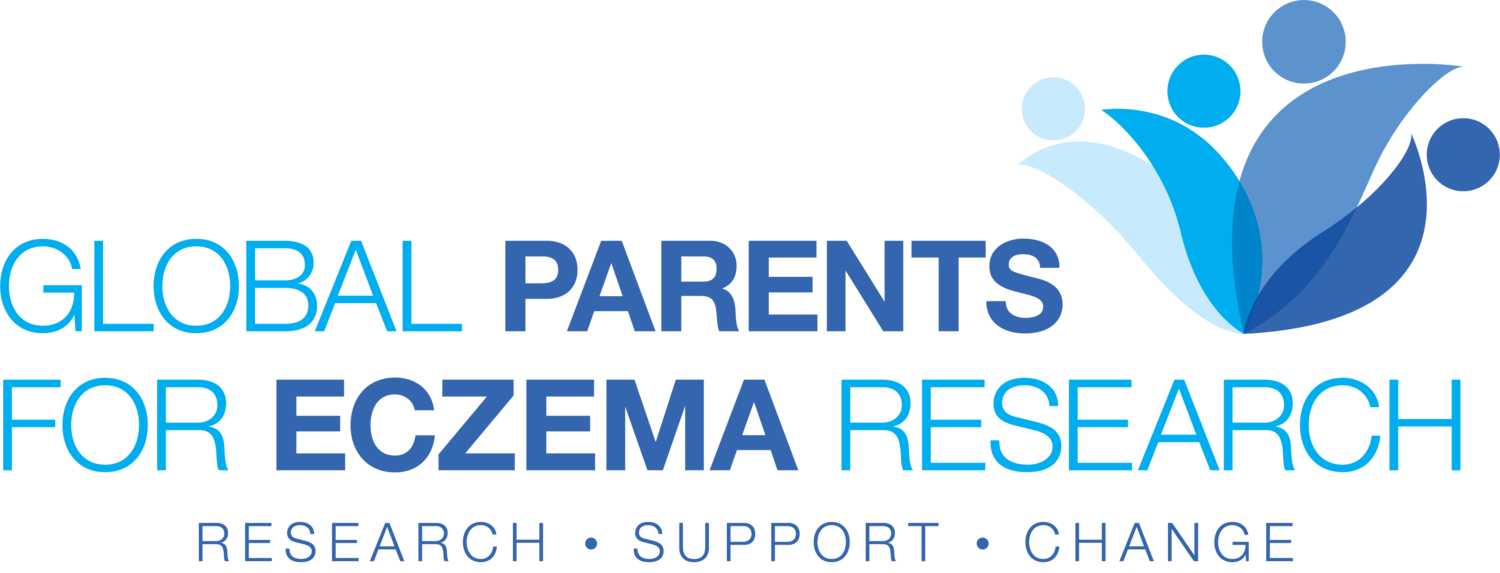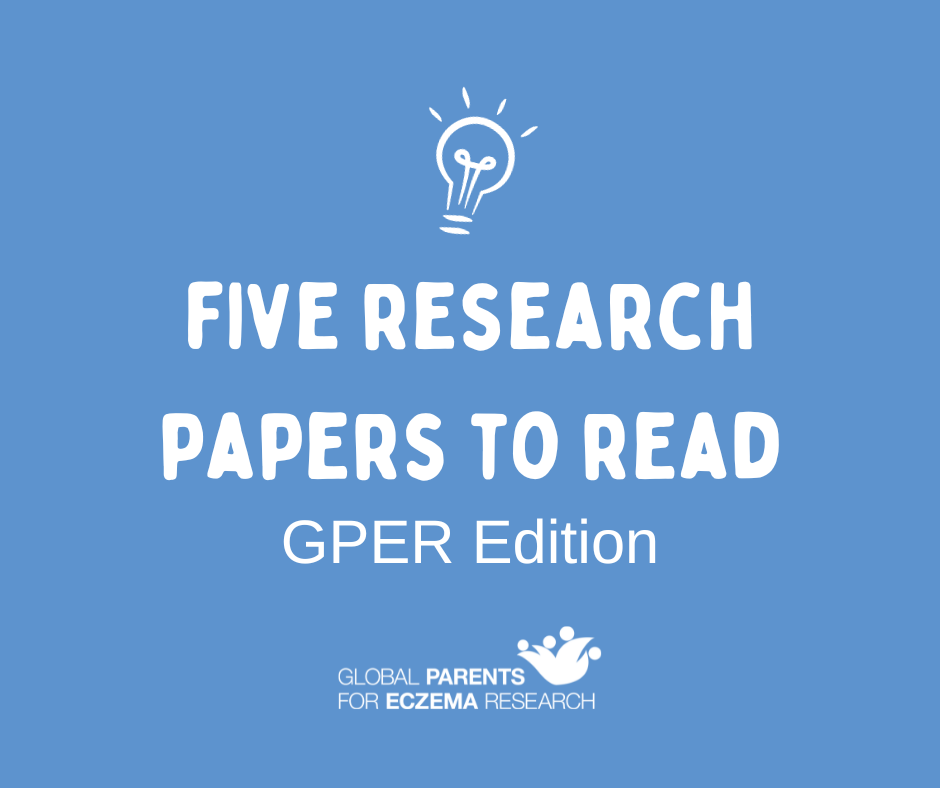Five to Read: 2023 Publications by Global Parents for Eczema Research
At GPER, one of our mandates is to inform caregivers about the latest research on atopic dermatitis (AD). Sometimes there’s a gap between the research done by academia and questions families living with eczema want answered - that’s when we step in and design and conduct research from patients’ perspective. Below are five recent GPER-led studies doing just that.
Do specialists make a difference and how does anxiety and depression impact control of symptoms?
In a newly published letter in the Journal of the American Academy of Dermatology International, GPER and collaborators examined the role of specialist care in 1,293 adult patients and 370 caregivers of children with eczema. The two key findings:
Patients who saw specialists for their eczema were more likely to have better control of their symptoms, suggesting specialist care is important, particularly for patients with more severe eczema.
Patients who reported a higher anxiety/depression rating were less likely to have control of their eczema symptoms, suggesting that these conditions may undermine symptom management.
Can a caregiver mentorship program help parents cope?
We know having a child with moderate to severe eczema takes a toll on caregivers. GPER and collaborators published a 2023 study abstract in the British Journal of Dermatology that examined the effectiveness of a mentorship program in providing psychosocial support for parents. Fifty-seven participants received either email support or one-on-one mentorship for 12 weeks. While there was no significant change in stress, coping resilience or loneliness over this short study, there was, intriguingly, a decrease in reported severity of symptoms for children at 6 weeks which continued through week 12. Importantly, program satisfaction measures were high.
How well are we doing treating eczema in Europe and the US?
This ambitious study by GPER and other patient organizations looks at how 3,171 patients from eight developed countries (and their caregivers) view the impact of eczema on their lives. It also examined their experience with medical care and treatments. Adult patients and caregivers of children with eczema answered 53 questions developed by 11 patient organizations. The results:
Adults reported quality of life scores that were worse than patients with asthma or diabetes
Financial impacts were substantial, even in countries with government subsidized healthcare systems
Satisfaction with treatments was moderate, but much lower for those with severe AD
Patients who saw specialists instead of a GP had better control of symptoms
Patient training and shared decision making resulted in better outcomes.
Shouldn’t patients get a seat at the decision-making table?
As more effective options for treating eczema become available, medical societies must update their Clinical Practice Guidelines. Alarmingly, there has been little patient input into those guidelines. In this recent commentary in the British Journal of Dermatology, GPER’s executive director and other patient organization representatives make the case for including patients’ input in the guidelines that affect their care. As the authors note: “Without patient involvement, guidelines lack legitimacy with the group they are ultimately meant to serve.”
How do we assess quality of life for non-English speakers with AD?
Doctors often measure eczema severity by what they can see on your child’s skin. Caregivers know the real measure of their child’s suffering from symptoms like itching and exhaustion is not so obvious. That’s why Quality of Life (QoL) instruments are critical in determining severity of AD. However, for many non-English-speaking communities, these QoL instruments have not been adjusted to the nuances of their language or cultures. In this article, published in January 2023, GPER’s executive director identified the need to help minority patients and caregivers measure eczema’s impact on mental health, social activities, and finances.
These papers, all five reviewed and published in 2023, are just a sample. See the full listing of GPER publications here.
Want to read more blogs like this one? Subscribe to our newsletter to stay in the loop!
Are you a parent looking to connect with others on the eczema journey? Sign up for our free caregiver support program today.


